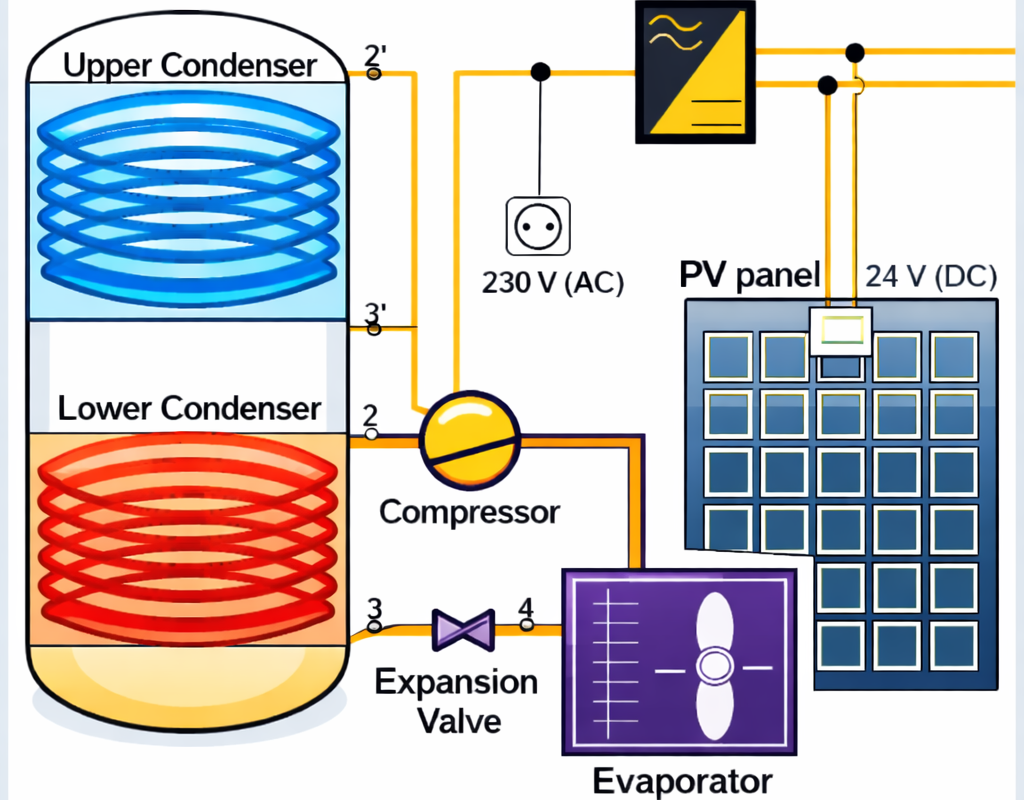Two India-led institutions hosted a webinar to examine the question of how to finance utility scale renewables in emerging economies.
Participants considered policy and regulatory challenges, as well as solar financing constraints, at an event organised by the Gurugram-based International Solar Alliance (ISA) alongside the Centre for Energy Finance section of Delhi-based research non-profit the Council on Energy, Environment and Water (CEEW).
Panelists at Wednesday's event proposed financial interventions to accelerate renewables investment, emphasizing the measures necessary to attract and scale-up capital flows in developing markets.
Hurdles
Upendra Tripathy, director-general of the ISA – whose membership consists of 121 tropical nations – pointed to three obstacles to financing clean power in emerging markets which the organization is addressing: land and labor, capital and technology.
The membership body – which delivered the webinar as part of its Solar Technology and Application Resources Centers project – is mapping pockets of land suitable for large scale solar and attempting to head off land access rights issues at an early stage. Tripathy said the ISA is also establishing a community-engagement framework to avoid land-related conflicts and is attempting to train workers in solar project construction and maintenance.
Reluctance
The director-general also highlighted the reluctance of offshore investors to commit to clean power in emerging markets because of challenges such as local currency and exchange rate risks.
The organization also advocates the adoption of affordable public-domain technologies to drive solar deployment, according to Tripathy.
In the absence of fully-subsidized small scale solar applications, Tripathy pointed to the potential effectiveness of aggregating groups of clean power consumers – ideally living in close proximity – and presenting them as single investment opportunities to solar installers and investors, as a means of driving down the price of installations.
Arjun Dutt, senior analyst at the CEEW Center for Energy Finance, said solar projects in India, Indonesia and Sri Lanka suffer from varying degrees of the same hurdles to investment, with India showing the way for its Asian peers in how to deal with obstacles such as a lack of predictable development pipelines; inaccurate assessments of demand; and the inadequate scale of domestic capital available to invest, plus its associated finance costs.
Webinar participants also cited electricity transmission constraints as a hurdle to clean power roll-out in developing markets.
Potential solutions included the introduction of renewable portfolio standards, which require power generators to source a percentage of their electricity from clean generation; the establishment of centralized renewables parks, to overcome land acquisition and power transmission risks; and improving contracts to make them more bankable by adding termination provisions, sovereign guarantees, and allocation of change-in-law risks to power purchase agreements.
Appeal
Lucial Arboleya, economic and financial analyst at the International Energy Agency, called on stakeholders in the global solar industry to focus on emerging markets and developing economies and ISA advisor Kuljit Singh Popli pointed to the World Bank‘s work on improving the bankability of renewables in such markets through policy and market-related approaches. Falling solar costs, added Popli, will accelerate PV adoption but he stressed quality should remain paramount, adding: “A project is as strong as its weakest link so we have to find out the weakest links and then we have to address them.”
State bodies and banks have the power to de-risk renewables and attract investors, said World Bank senior energy specialist Surbhi Goyal.
With the webinar highlighting the crucial role emerging markets will play in the global energy transition, it was pointed out investors must be encouraged to finance clean power projects which include energy storage, as well as backing vital cross-border energy interconnectors.
Dutt wrapped up the session on a positive note, stating: “It is the spirit of cooperation and collaboration that can help us collectively address these common challenges so we can push utility scale renewables in emerging economies, and therefore advance the global energy transition.”
This copy was amended on 03/02/21 to indicate India does not suffer from the lack of a predictable solar development pipeline, as previously indicated.
This content is protected by copyright and may not be reused. If you want to cooperate with us and would like to reuse some of our content, please contact: editors@pv-magazine.com.


1 comment
By submitting this form you agree to pv magazine using your data for the purposes of publishing your comment.
Your personal data will only be disclosed or otherwise transmitted to third parties for the purposes of spam filtering or if this is necessary for technical maintenance of the website. Any other transfer to third parties will not take place unless this is justified on the basis of applicable data protection regulations or if pv magazine is legally obliged to do so.
You may revoke this consent at any time with effect for the future, in which case your personal data will be deleted immediately. Otherwise, your data will be deleted if pv magazine has processed your request or the purpose of data storage is fulfilled.
Further information on data privacy can be found in our Data Protection Policy.